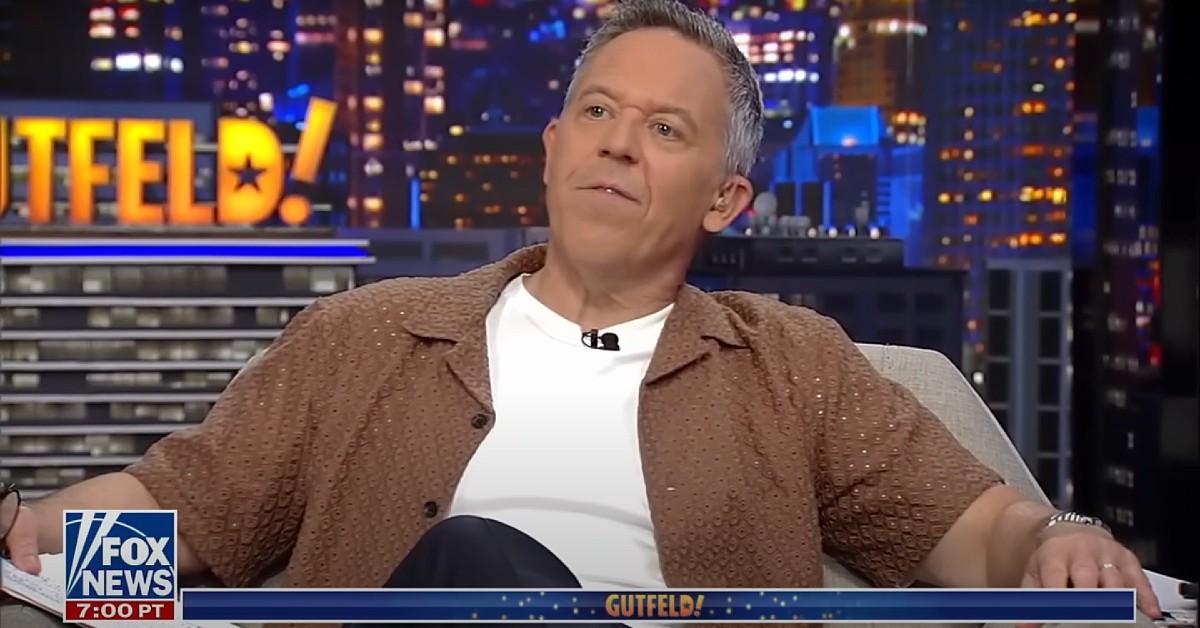Movie Review: Amelia
Oct. 23 2009, Published 5:12 a.m. ET
Among Hollywood actresses of a certain echelon, there’s a lot of unscientifically quantified grumbling about the dearth of quality roles. It’s too bad then, that when one of the biggest recent opportunities for cinematic grrl-power arrives, it’s marred by flat storytelling, stilted writing and an overwrought score that drowns out whatever subtlety was left.
Amelia is the much-anticipated biopic of Amelia Earhart (Hilary Swank), who disappeared in 1937 during her attempt to become the first woman to fly around the world. For those of us with just a vague notion of who she was and what her life was like, the film fills in some basic details and fleshes out the contours of her experience, both in the air -- where she explored exquisite landscapes from Africa to Ireland -- and on the ground, where she married publishing mogul George Putnam (Richard Gere) and had a romance with Gene Vidal (Ewan McGregor). Amelia is also committed to reinforcing Earhart’s legacy as a true feminist in every facet of her life -- from insisting on removing the word “obey” from her marriage vows, to reminding us that (in case we missed it) she refuses the shackles of convention.
The film lovingly incorporates what are ostensibly Earhart’s actual letters and diary entries, but the effect is distracting. We see Swank’s Amelia looking out of airplane windows over sun-scorched savannas, waxing poetic about savoring her freedom and clouds that look like resting cats. Later, she pontificates to a young Gore Vidal (William Cuddy) about lush jungles and facing your fears, while assuring him that it’s OK that she won’t marry his daddy, because -- obvs! -- you can’t be married to two men at once.
It’s possible that there wasn’t actually any nuance to Earhart’s life: that she was the simple, midwest tomboy she claimed to be, with no emotional stumbles during her swift ascent into public life or residual regrets about her high-speed endorsement train for products she didn’t use. Despite these dubious points, Swank embodies Earhart as a strong-willed, straightforward woman who’s uncomplicated and self-assured, gracefully swapping flight suits for luscious satin gowns and cockpits for cocktail hour. Yet even compelling visuals and competent acting can’t bring Amelia any closer than arm’s length, particularly amid cloying proclamations and heavy-handed exposition.
Unfolding with sumptuous aesthetics and honey-dipped cinematography -- the most awesome of which include outdoor scenes on rugged coastlines and exotic terrain -- Amelia chugs along in fits and starts, accelerating here and stalling there, but never quite taking flight. The film lands in theaters this week with the promising tag-line, “Defying The Impossible. Living The Dream,” but for all its ambition and grandiosity, it could use more emotional substance, and less self-awareness.



